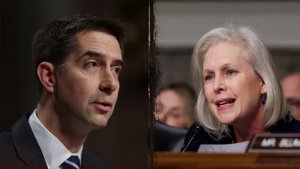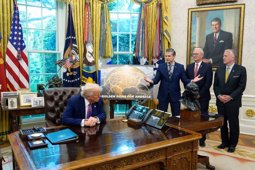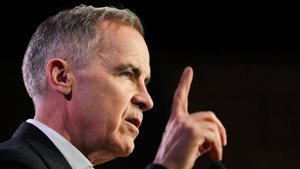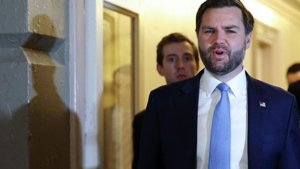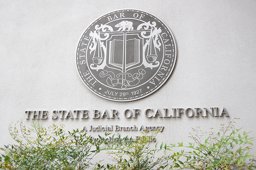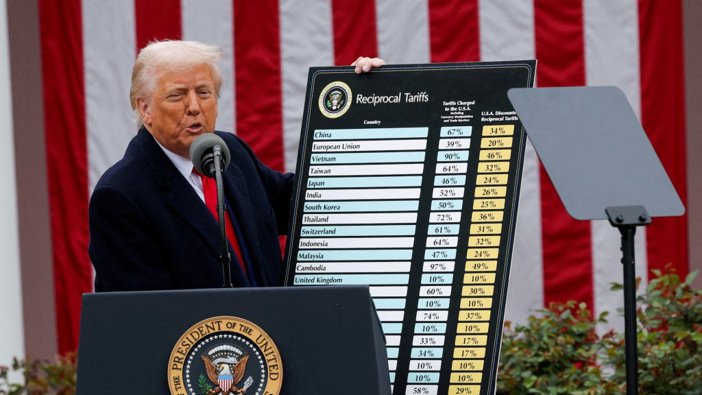
Trump Appeals Second Tariff Ruling
President Trump’s administration has filed an urgent appeal against a second court ruling that invalidated his sweeping tariff strategy, warning it undermines U.S. trade negotiations and presidential authority.
Legal Battle Over “Liberation Day” Tariffs Escalates
The Trump administration on Monday appealed a second federal court ruling that invalidated President Donald Trump’s use of the International Emergency Economic Powers Act (IEEPA) to impose sweeping tariffs. The administration filed the motion in the U.S. Court of Appeals for the D.C. Circuit, seeking to stay a decision that it claims jeopardizes ongoing trade negotiations and undermines executive authority.
The contested tariffs, part of Trump’s so-called “Liberation Day” plan, include a 10% baseline tariff on most U.S. trading partners and additional reciprocal tariffs. Trump announced the measures on April 2 as a centerpiece of his second-term economic strategy, invoking IEEPA to justify their immediate implementation.
Last week, the U.S. Court of International Trade (CIT) unanimously struck down the tariff plan, stating the statute does not grant Trump unchecked power. However, the ruling was stayed by the U.S. Court of Appeals for the Federal Circuit, allowing the tariffs to remain in place for now.
On the same day, in a less publicized decision, U.S. District Judge Rudolph Contreras ruled separately that the tariffs violated IEEPA, in a case concerning harm to two small businesses. This ruling, though narrower in scope, added further legal pressure on the administration.
Administration Defends Tariffs as Negotiating Tool
In its appeal, the Justice Department argued that Judge Contreras’s ruling disrupts the administration’s ability to use tariffs as a “credible threat” in trade talks. “The district court’s ruling usurps the President’s authority and threatens to disrupt sensitive, ongoing negotiations with virtually every trading partner,” the filing states.
The administration views the tariffs not only as economic policy but also as strategic leverage. Economists, including William Cline of the Peterson Institute for International Economics, noted that the tariffs function more as a negotiating tactic than as a long-term fiscal measure. “They need to get back to a place where they are using these huge reciprocal tariffs as a negotiating tactic,” Cline said.
Cline also referenced the framework promoted by Treasury Secretary Scott Bessent, who championed the tariffs as a starting point for renegotiating trade terms, particularly with China. However, Cline criticized the idea that tariffs alone would revitalize American manufacturing or significantly boost fiscal revenues, calling such expectations “fantasies.”
The Trump administration has indicated it is willing to take the dispute to the Supreme Court. Plaintiffs in the case echoed that stance, though it remains unclear whether the high court will agree to hear the case. The legal standoff underscores the administration’s aggressive posture: in just 20 weeks of Trump’s second term, 18 emergency appeals have been filed to the Supreme Court, reflecting growing tension between the executive branch and the judiciary.

